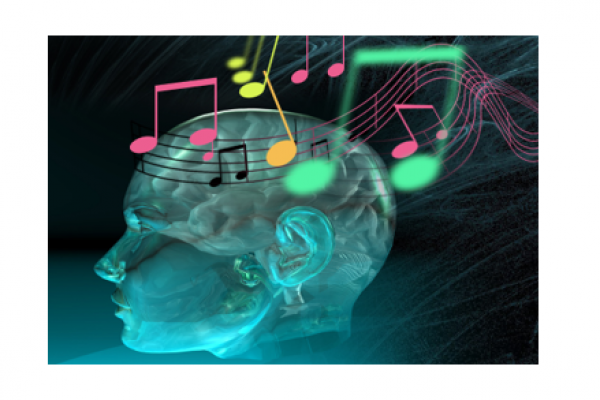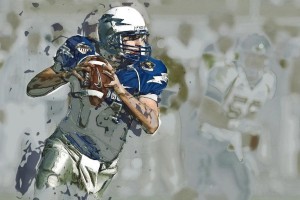At-home musical training improves older adults’ short-term memory for faces
Findings from a controlled experiment suggest that musical training can lead to cognitive benefits that extend to nonmusical tasks. After eight weeks of musical rhythm training, older adults showed significant improvements in short-term memory on a facial recognition task.
Findings from a controlled experiment suggest that musical training can lead to cognitive benefits that extend to nonmusical tasks. After eight weeks of musical rhythm training, older adults showed significant improvements in short-term memory on a facial recognition task.
When a person plays a musical instrument, their brain engages in all kinds of mental processes. A notable example is that playing music engages short-term memory, which helps musicians remember and maintain musical sequences. Different studies suggest that musical training can improve short-term memory. But it is unclear whether these short-term memory improvements translate to tasks outside of music performance. To answer this question, an experiment was conducted on 47 nonmusicians participant between the ages of 60 and 79. The participants were randomly assigned to receive musical rhythm training (experimental condition) or word search training (control condition).
The results revealed that the musical training group showed improvements in short-term memory encoding and maintenance after training, while the control group did not. This was specifically on a part of the task that required participants to recognize recently seen faces. The EEG data also revealed that these changes were accompanied by increased activity in the superior parietal lobule. Importantly, the musical training placed no demands on short-term memory for faces. This suggests that the training led to cognitive improvements that transferred to improvements in visual memory for faces, possibly through shared short-term memory resources. This is supported by the fact that improvements were localized in the superior parietal lobule, a brain area implicated in visual aspects of music performance as well as visual working memory in other tasks. However, it remains to be seen whether improvements in short-term memory may be observed in a healthy young adult population, larger groups, and with a longer training duration.




Related Posts